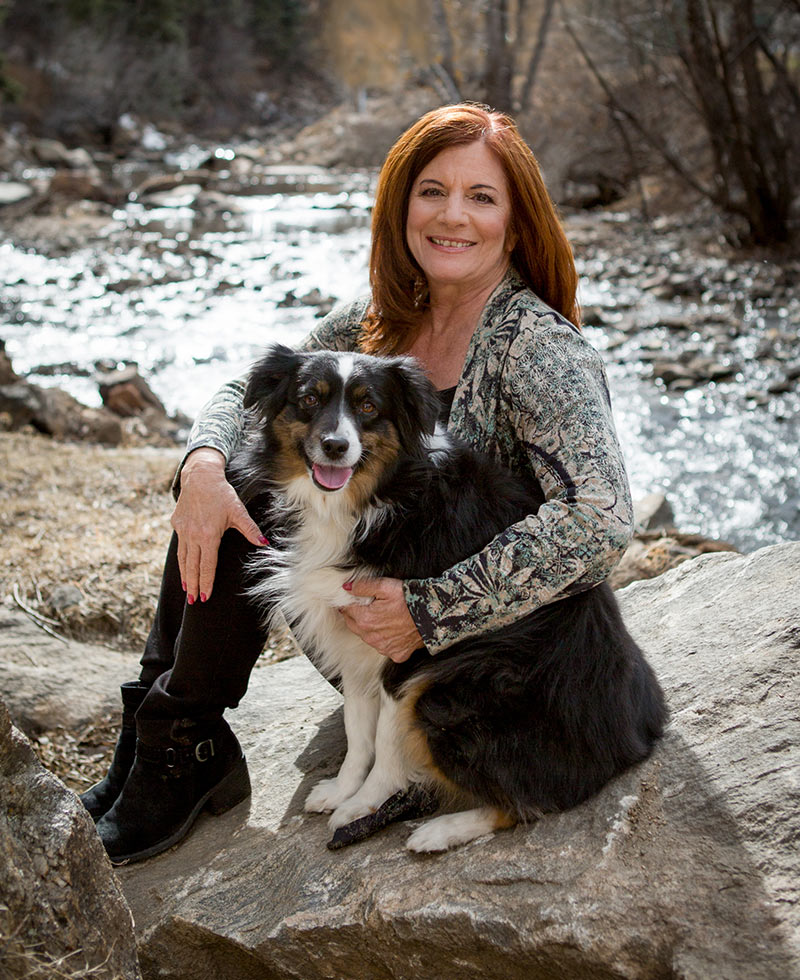Aging is a natural and inevitable part of life, but it brings with it unique challenges that can impact both seniors and their families. As a therapist specializing in aging adults and an aging coach, I have witnessed firsthand the profound effects of loss and change that come with aging. In this comprehensive guide, we will explore coping strategies to navigate these transitions with resilience, grace, and support.
Understanding Loss in Aging
As we age, we inevitably experience various losses, which can range from the passing of loved ones to physical and cognitive changes. Grief and loss are complex emotions, and seniors may need time and support to process them. For families, understanding the impact of these losses is crucial in providing compassionate care.
- Acknowledge Feelings of Grief: Seniors may go through a range of emotions, including sadness, anger, and even guilt. It’s essential to validate their feelings and provide a safe space for open communication.
- Promote Emotional Expression: Encourage seniors to express their emotions through talking, writing, or engaging in creative outlets. Emotional expression can aid in the healing process.
- Seek Support: Joining support groups or seeking individual counseling can offer invaluable support and validation during times of loss.
- Recognize Unresolved Grief: Some seniors may carry unresolved grief from past losses. Addressing this with professional help can alleviate its impact on current coping mechanisms.
Adapting to Change in Aging
Change is an inherent part of the aging process, and it can manifest in various ways, such as retirement, health issues, or transitioning into assisted living. Adapting to change requires flexibility and understanding, both for seniors and their families.
- Embrace New Opportunities: Help seniors focus on the positive aspects of change, such as newfound free time or the chance to explore new hobbies and interests.
- Create a Supportive Environment: Families can facilitate a smooth transition by ensuring seniors have a supportive environment, whether at home or in an assisted living facility.
- Maintain Independence: Whenever possible, encourage seniors to retain their independence, as it fosters a sense of control and dignity.
- Involve Seniors in Decision-Making: In matters that directly impact seniors’ lives, involve them in decision-making to empower them and honor their preferences.
Promoting Mental Health in Aging
Mental health is an integral aspect of overall well-being, and aging adults are no exception. Here are essential strategies to promote mental wellness in seniors.
- Stay Socially Engaged: Encourage regular social interactions with friends, family, and peers. Social engagement combats loneliness and reduces the risk of mental health issues.
- Physical Activity: Regular exercise has proven benefits for mental health, such as reducing anxiety and depression and enhancing cognitive function.
- Mindfulness and Meditation: Mindfulness practices can help seniors manage stress, enhance focus, and promote emotional well-being.
- Healthy Diet: A well-balanced diet with essential nutrients supports brain health and overall vitality.
- Hobbies and Lifelong Learning: Engaging in hobbies and learning new skills keeps the mind active and fosters a sense of purpose.
Supporting Seniors’ Emotional Well-being
Emotional well-being is closely tied to mental health and plays a significant role in seniors’ overall quality of life. As families and caregivers, we can take specific steps to provide emotional support.
- Active Listening: Practice active listening to understand seniors’ feelings and concerns without judgment.
- Validation and Empathy: Show empathy and validate seniors’ emotions to let them know their feelings are understood and accepted.
- Companionship and Quality Time: Spending quality time with seniors can bring comfort and strengthen emotional bonds.
- Encourage Emotional Expression: Encourage seniors to express their emotions openly, allowing them to process their feelings effectively.
Preparing for the Future: End-of-Life Planning
Though it may be uncomfortable to discuss, end-of-life planning is essential for both seniors and their families. Having open conversations and making decisions together can provide peace of mind for all parties involved.
- Advance Directives: Help seniors establish advance directives, including living wills and healthcare proxies, to ensure their wishes are respected in the event of incapacitation.
- Legacy Projects: Encourage seniors to engage in legacy projects, such as writing memoirs or creating keepsakes for loved ones, as a way of leaving a meaningful mark on their families’ lives.
- Financial Planning: Assist seniors in organizing their financial affairs and ensuring that their resources are appropriately allocated.
Aging brings both loss and change, but with the right strategies and support, seniors and their families can navigate this phase of life with grace and resilience. By acknowledging and addressing feelings of grief, embracing change, and prioritizing mental and emotional health, seniors can embark on a fulfilling journey through their golden years.
Remember, as an aging therapist and coach, I am here to support seniors and their families throughout this process. Together, we can build a foundation of understanding, compassion, and strength to face the challenges of aging and embrace the joys of this new chapter in life.



